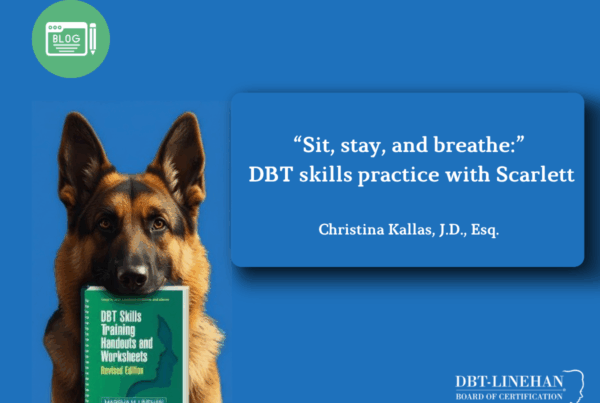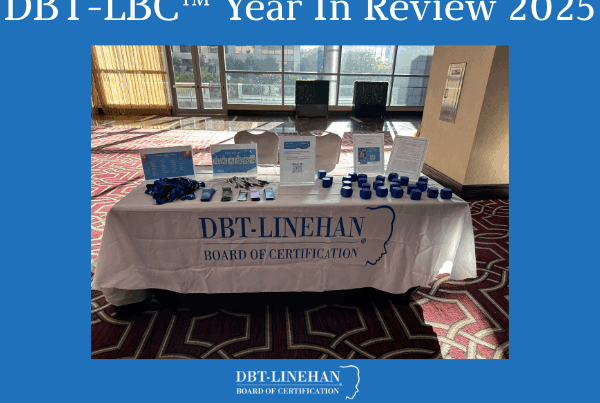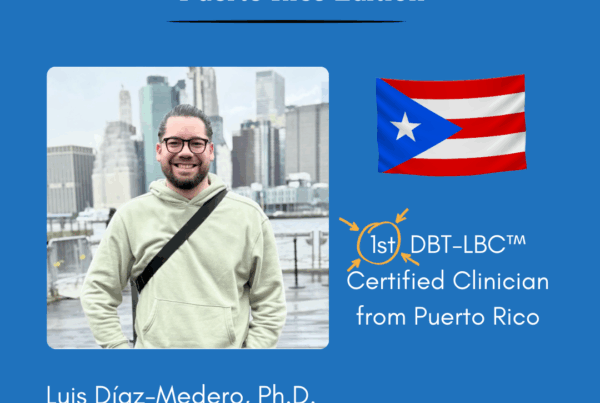ISITDBT 2021 is Thursday November 18, and this edition of the research corner serves as a backdrop for some of this year’s scheduled workshops. Read on to refresh your memory with what’s already out there, as well as get a sneak peek at what’s to come at ISITDBT 2021.
We know that DBT treatment has been effectively adapted with suicidal adolescents and their families, high conflict couples and parents. Data show that DBT interventions increase family members’ ability to express emotions accurately, increase regulation of strong feelings, and help families find a middle ground for addressing conflict (Rathus, et al., 2018, Fruzzetti, A.E. & Iverson,K.M., 2006). A morning ISITDBT 2021 workshop sets the stage for change with families from first contact onward titled “ Preparing the Environment for Change: Pretreatment for Families.” Any clinician working with couples, adolescents, and families will be well served by attending this presentation!
Last year’s “DBT and Social Justice” presentation was one of the most lauded of the conference, and effectively broke ISITDBT ground for ongoing conversations about equality, race, and justice. While there are publications supporting DBT applications to LGBTQ populations (Skerven, K., et al. 2019, Cohen, J.M., et al., 2021), there is only one pre-print publication available on the cultural responsiveness of DBT to the presenting problems of Black / African American client (Pierson,A.M., et al., 2021). ISITDBT hosts two afternoon workshops addressing adaptations of DBT to minority populations: “ You Didn’t Cause Racism and You Have to Solve It Anyway: Anti-racist adaptations to DBT for White Therapists”, and “ Doing DBT with Sexual and Minority People.” We could not be more honored to attend and promote these sessions provided by our DBT colleagues.
Finally, mounting data support the efficacy of DBT Skills only interventions with a variety of diagnoses, including but not limited to eating disorders, emotion dysregulation with anxiety and depression, borderline personality disorder, and ADHD (Telch, C.F., Agras, W.S., & Linehan, M.M. 2001; Neacsiu, A.D., et al., 2014; Linehan M.M., Korslund K.E., Harned M.S., 2014; Valentine, S. et al., 2020). A highly anticipated workshop titled “DBT Skills Groups for Clients on a Wait List” shares the efficacy of providing a skills only offering for clients on a wait list for full services. While the limited amounts of DBT services are unable to match the high demand for care, this workshop offers concrete help for providing interventions to clients while they wait.
This year’s ISITDBT conference looks to be even more fantastic than the last, and we hope to see you there. If you haven’t already, please register for your seat at ISITDBT 2021 at https://www.eventbrite.com/e/2021-isitdbt-conference-tickets-168639789149.





